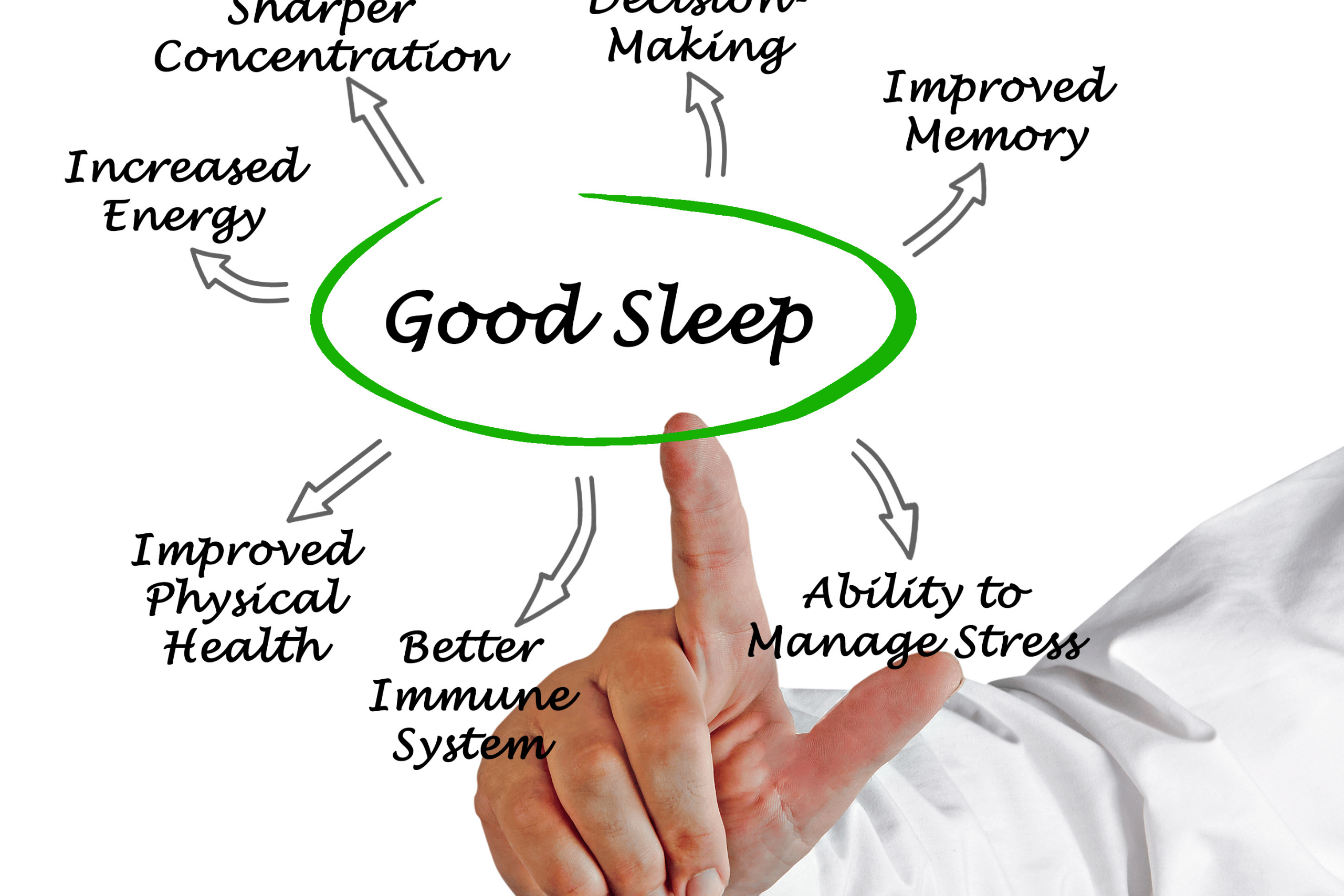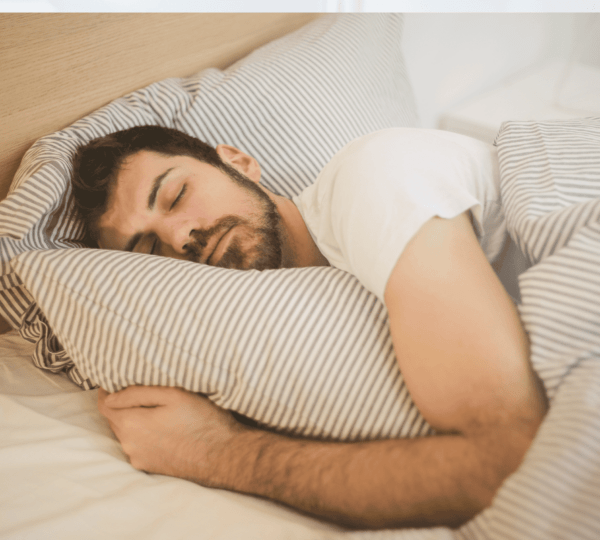
The Role of Sleep in Weight Loss: A New Year Resolution to Rest Better
My colleague shared how she used to be a night owl. The quiet hours of the night were her most productive, often fueled by caffeine and the thrill of completing tasks. However, this lifestyle eventually took a toll on her health. She began experiencing fatigue, difficulty concentrating, and persistent cravings. Little did she know that her sleep habits were sabotaging her weight loss goals.
After months of frustration with stalled progress, she decided to investigate what might be going wrong. During a health check-up, she discovered that her late nights were disrupting her hormones, hormones like ghrelin and leptin, which regulate hunger and feeling full. This realization was a turning point for her. By prioritizing better sleep, she took the first step toward improving her health and achieving her goals.
Her story prompted me to share this post. So, as we approach another New Year, let me share why prioritizing sleep might just be the best resolution you make—and how it can unlock your weight-loss goals.
Why Sleep Matters for Weight Loss
1. Sleep Affects Hunger Hormones
Your body’s hunger and fullness signals are regulated by two key hormones: ghrelin and leptin. Ghrelin, the “hunger hormone,” increases when you’re sleep-deprived, making you feel hungrier. Leptin, which signals fullness, decreases with insufficient rest.
Dr. Matthew Walker, author of Why We Sleep, explains that just one night of poor sleep can spike ghrelin levels by up to 15% while reducing leptin by 16%. This imbalance creates the perfect storm for overeating. A study in the journal Sleep found that people who slept less than six hours per night were more likely to snack on high-calorie, carb-heavy foods.
2. Sleep Improves Metabolism
Metabolism isn’t just about what you eat—it’s also influenced by how you sleep. Lack of sleep reduces your body’s ability to process insulin, the hormone responsible for converting sugar into energy. This can lead to higher blood sugar levels and increased fat storage.
Research published in The Annals of Internal Medicine revealed that dieters who got adequate sleep lost more fat (56%) compared to those who were sleep-deprived, who primarily lost lean body mass. Sleep, it turns out, keeps your metabolic engines running efficiently.
3. Sleep Boosts Physical Performance
Weight loss often involves physical activity, but your workout effectiveness can plummet if you’re not well-rested. Sleep is essential for muscle recovery, strength building, and endurance. A review in the journal Sports Medicine found that athletes who prioritized sleep had better performance outcomes, suggesting that rest amplifies the benefits of exercise.
- Impaired Decision-Making: Sleep deprivation can impair judgment and decision-making, leading to poor food choices and impulsive eating.
How Much Sleep Do You Really Need?
According to the National Sleep Foundation, adults need 7-9 hours of sleep per night. However, quality matters as much as quantity. Sleep should be uninterrupted and restorative.
Dr. Shelby Harris, a behavioral sleep expert, recommends setting a consistent bedtime and wake-up time, even on weekends, to regulate your body’s internal clock. Dr. Michael Breus, a renowned sleep expert, emphasizes the importance of sleep hygiene: “Good sleep hygiene is the foundation of quality sleep. By establishing a consistent sleep routine and creating a restful environment, you can improve your sleep quality and overall health.”
Practical Steps to Improve Sleep for Weight Loss
1. Establish a Consistent Sleep Schedule:
-
Fixed Bedtime and Wake-Up Time: Aim to go to bed and wake up at the same time each day, even on weekends.
2. Create a Sleep-Conducive Environment
- Create a Relaxing Bedtime Routine: Engage in calming activities
like reading, taking a warm bath, or practicing meditation before bed. - Darken Your Room: Use blackout curtains to block external light.
- Comfortable Bedding: Invest in a comfortable mattress, pillows, and bedding.
- Keep it Cool: A room temperature of 60-67°F (15-19°C) promotes deeper sleep.
- Minimize Noise: Consider white noise machines or earplugs if you live in a noisy area.
-
Limit Screen Time Before Bed: Blue light from phones and laptops suppresses melatonin, the hormone that regulates sleep. Aim to power down devices at least an hour before bedtime.
3. Watch Your Diet:
-
Avoid Heavy Meals Before Bed: Eat a light, balanced dinner a few hours before bedtime.
-
Limit Caffeine and Alcohol: Reduce caffeine and alcohol intake, especially in the evening.
-
Stay Hydrated: Drink plenty of water throughout the day, but limit fluid intake close to bedtime.
4. Manage Stress:
-
Stress Reduction Techniques: Practice stress-relief techniques like yoga, meditation, or deep breathing exercises.
-
Mindfulness: Focus on the present moment and avoid worrying about the past or future
The Science-Backed Connection Between Sleep and New Year Resolutions
New Year resolutions often fail because we aim for drastic changes. However, incorporating sleep into your wellness plan is a small, manageable shift that can yield significant results. According to research from Psychological Science, individuals with better sleep habits are more likely to exhibit self-control, aiding both dietary choices and exercise routines.
What Experts Say
Dr. Michael Breus, a clinical psychologist and sleep specialist, highlights that weight loss programs incorporating sleep education show better outcomes than those focused solely on diet and exercise. Similarly, fitness influencer and nutritionist Joe Wicks emphasizes the importance of “sleep hygiene” in his transformation programs, advocating for at least eight hours of sleep to optimize fat-burning processes.
A New Year Resolution Worth Keeping
As we usher in a new year, why not focus on a resolution that feels less like a chore and more like a gift to yourself? Resting better isn’t just good for your mood and energy levels—it’s a scientifically proven way to accelerate your weight-loss journey.
Remember, the path to your healthiest self isn’t just about gym memberships and meal plans. It’s about giving your body what it truly needs: time to recover, reset, and rejuvenate.
References
- Walker, M. (2017). Why We Sleep: Unlocking the Power of Sleep and Dreams. Scribner.
- “Short Sleep Duration and Obesity,” Sleep, Oxford Academic, 2008.
- “The Impact of Sleep on Metabolism and Obesity Risk,” The Annals of Internal Medicine, 2010.
- Harris, S. (2022). “Better Sleep, Better Health,” National Sleep Foundation.
- Breus, M. (2021). “The Sleep-Weight Connection,” Psychology Today.













